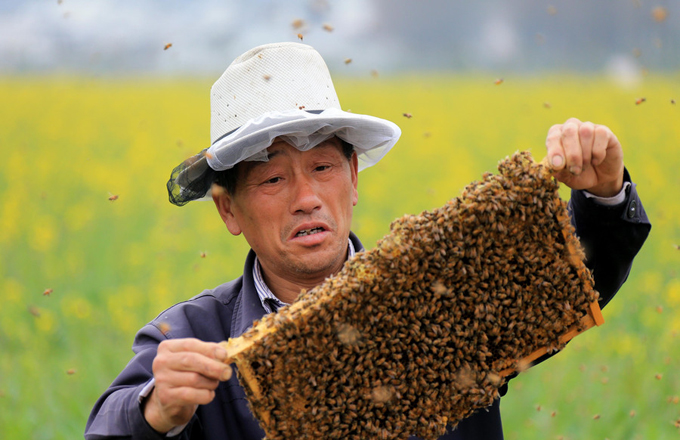

ROME - The UN Food and Agriculture Organization (FAO) on Friday commended China's quick notification of human cases of the A(H7N9) bird flu virus.
The quick response and release of detailed information on the nature of the virus allow the public to take precautions and give related institutions more time to evaluate its potential impact on humans and animals, FAO Chief Veterinary Officer Juan Lubroth said.
He said the new virus is hard to detect in poultry as it causes few to no signs of disease in animals, noting biosecurity and hygiene measures will help protect people from viruses circulating in seemingly healthy birds or other animals.
"With the virus being harder to detect, good biosecurity measures become even more essential to reducing the risk of virus transmission to humans and animals. Good biosecurity and hygiene measures implemented by farmers, livestock producers, transporters, market workers and consumers represent the first and most effective way to protect the food chain," Lubroth said.
Precautions recommended by FAO include keeping all birds and livestock separate from people's living areas, and not eating sick or dead animals.







